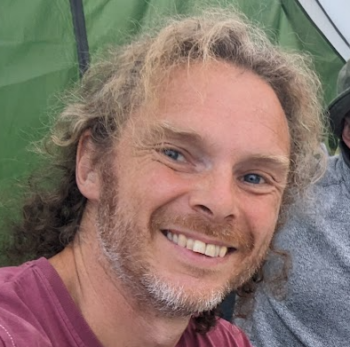The role of volatile organic compounds in physical and mental wellbeing outcomesProject
Determining the mechanism through which volatile organic compounds released by plants can influence our physical and mental wellbeing.
The first health and wellbeing project will focus on the role and mechanism of biogenic volatile organic compounds (VOCs) in promoting positive health outcomes. There is now compelling evidence that VOCs released by certain species of plants can induce physiological and psychological changes that improve aspects of physical and mental health including for example, reduced levels of stress and anxiety along with lower levels of stress hormones and elevated nature killer cells in our blood serum when participants walk in environments that have high levels of these compounds in the ambient air. However, an important knowledge gap concerning the influence of these compounds is how much variation in ambient levels found across city spaces, affects the associated health outcomes. For example, is there a greater benefit to be obtained both in short term and longer-term health outcomes if you walk in city green spaces which have a higher number of trees which emit VOCs such as pinene (and know in laboratory settings to have important positive health benefits), compared with areas which do not have species that emit these VOCs? Our aim is to address this question and to quantify a dose-response relationship for ambient VOCs and how this varies with vegetation type and cover across the city. Once this first step has been completed, we will then set up a series of experiments with participants from different age groups, and socio-economic status to determine over a set-interval of time, the benefits of visiting on a weekly basis on a set of physical and mental health outcomes.
First phase pilot studies collecting VOC samples and characterising vegetation with a mix of traditional ecological techniques and advanced scientific analysis have been conducted in local parks and woodlands in 2023.
Second phase pilot studies are now being planned. This will involve human participants monitored with wearable tech and physiological markers.
The project is cross-disciplinary, we are working in collaboration with; Oxford University Botanical Gardens, Oxford University Parks service, and several allied scientific departments who are assisting with technical advice and processing of data and samples.
Dr Benjamin Martin is the first point of contact for the team: Ben.Martin@Biology.ox.ac.uk







